Building on success: Why the ConstructionTech sector is attracting big money
Everybody needs a place to live. But will everyone have a home by 2060?
Many of us are unaware of it, but as the world's population is growing, 13,000 new buildings must be built per day to meet the demand and match this growth. As a result, the global construction market is constantly growing, and it is responsible for 10% of the world's GDP, in a $14T market that keeps on growing.
One of the main contributors to growth, which appears to be a vital part of the solution, is technology. Like the food, agriculture, retail, and commerce industries, technology is changing the entire construction industry and we are witnessing a growing demand for it. Therefore, it might not be surprising that 2021 saw record demand for construction technology (ConstructionTech), and specifically Israeli innovation in the field.
For example, the ConstructionTech startup Versatile raised $80M from Insight Partners and Tiger Global Management for its smart, real-time load-management system for cranes. Versatile's technology contributes to construction site safety and enables managers to increase their efficiency. Other Israeli ConstructionTech startups have raised significant funding as well. Buildots has recently announced funding of $30M for its construction planning monitoring technology, and Veev raised a sum of $200M. Veev's technology creates a faster and more efficient building method as well as process.
These startups solve some of the industry's major pains related to workforce shortage, low productivity, and repetitive manual activities. Eventually, all these challenges are interconnected, and this is exactly where ConstructionTech solutions come into play.
For example, 25% to 40% of the current construction workforce in the Western world will retire by 2030, with only 3% of young adults (18-25) interested in working within the industry. In addition, old and traditional tools such as fax and snail mail (not Email) are still common and are widely used to send orders within the material supply chain. Moreover, workers spend multiple hours per day on manual and repetitive daily tasks and still buy approximately 20% of needed materials in the US at Home Depot.
All these issues call for technological intervention. Gladly, some of the new tech trends introduced during the Covid-19 pandemic perfectly meet the needs of the construction industry. For example, as many of us had to adapt to remote work, inspectors adopted monitoring tools to oversee their construction sites remotely. The most significant opportunity, however, seems to lay in automation and robotics.
The labor shortage is one of the main concerns among industry leaders. Moreover, the safety of workers in construction sites and the need to perform repetitive and sometimes dangerous tasks call for the massive adoption of technology. With the addition of AI and ML, the construction sector can advance to greater efficiency and safety without compromising the quality of work. One example is fully automated excavation, a task that, with proper automation, can be made with increased productivity and safety. A recent McKinsey analysis shows that higher productivity and autonomy would add another $1.6 trillion to construction's global value.
While the global construction industry might still cling to traditional working methods and tools, recent funding rounds and deals within the construction tech arena demonstrate the unique opportunity of technology and its adoption for the construction industry. As leading businesses have already realized, technology adoption is the true catalyst that can bring the construction industry to the 21st century. Coupled with continued population growth that pushes the demand for housing, this opportunity makes today the best time to build a ConstructionTech startup.
Written by Zachi Flatto, ConTech CEO



